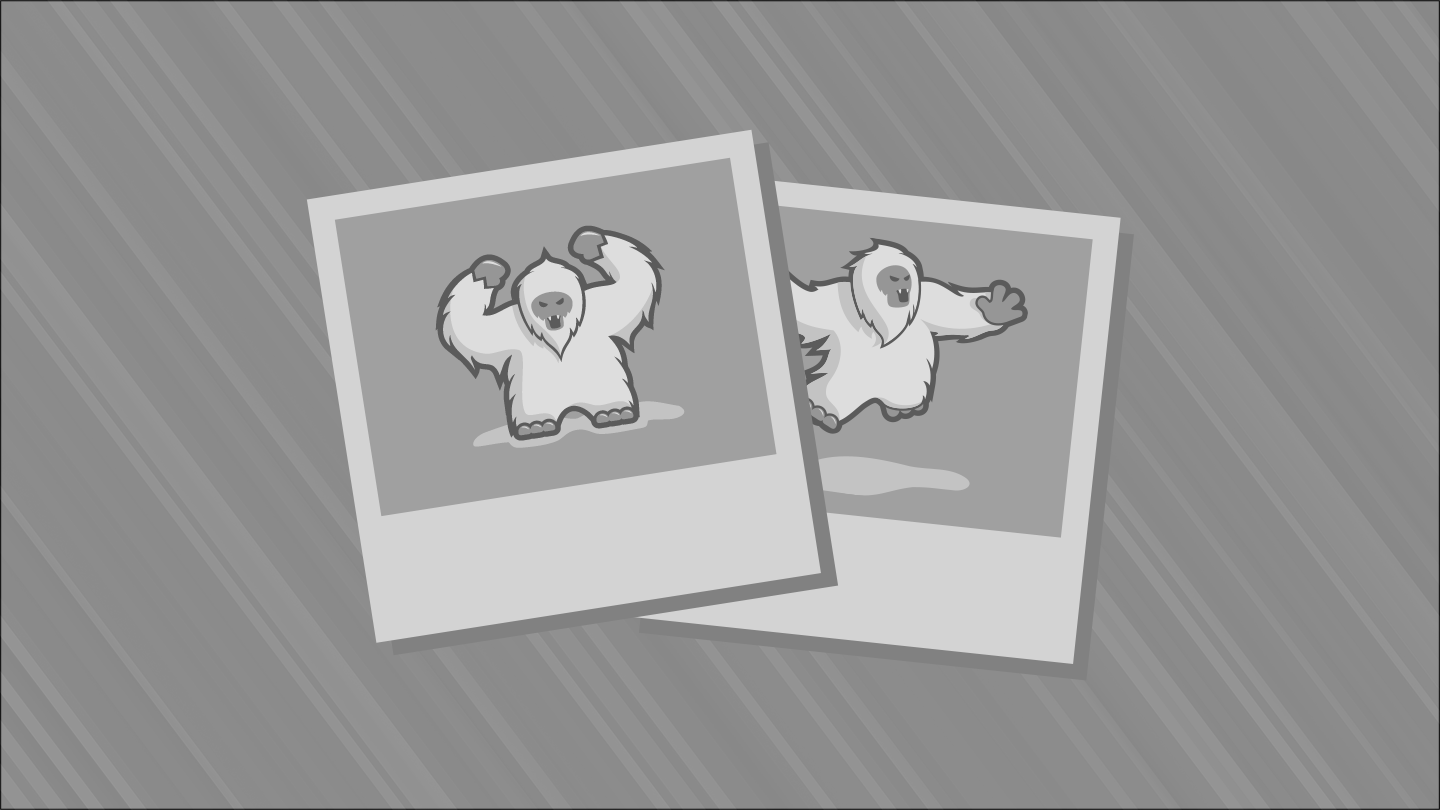Hurdle was answering a seemingly innocent question Sunday about whether he hoped to rest his best player,
Andrew McCutchen, a little more this season when he casually dropped the Warriors into the conversation, with no prompting.
"I read an interesting article a while ago on the Golden State Warriors, how they get maximum production with their players," Hurdle said. "They're actually playing less, and they're playing better collectively as a group."
Now there's probably a fascinating master's thesis out there for somebody on how NBA minutes equate to MLB plate appearances, or something like that. But if the moral of the Warriors' story turns out to be that less is more, the Pirates are curious about what exactly that might mean in their sport.
Turns out the Pirates didn't just stumble into this info by reading a random magazine story. They are always studying successful teams in all sports. GM Neal Huntington told ESPN.com they noticed this trend in a study of the Warriors by a member of their front office.
"We're always looking collectively as a group ... just watching different models of behavior," Hurdle said, "whether it's the NFL or the NBA or hockey. They're the perfect example of maximizing ice time and shifts and things like that.
"We're not in that same mode. But how do you maximize all the ability that you have and the abilities that you have? What's the right amount of reps for a guy? What are the at-bats you want to carry through at certain times, the innings that are played? You've got to keep an eye on everything.
"But it caught our attention," Hurdle went on, "just for the fact that they have found a rhythm and a rhyme, through the coaching staff and the player pool that they have. And at the point in time of the article, they were playing the best basketball they have in a long time. And actually, minutes per game were down for some of their key core players."
The Pirates are still trying to determine how, or whether, this translates to their sport. But even if there is no definitive answer, merely asking the question at all intrigues them.
"We're looking for how it can apply to baseball," Hurdle said. "You've got to continue to try and be creative, to look for different ways to do things in the model that we have here. And there's a lot of different ways to learn and a lot of different things to learn from."
So why, the Pirates wonder, does all your learning have to come between the white lines? Why not keep on searching -- all the way to the 3-point line?




No comments:
Post a Comment